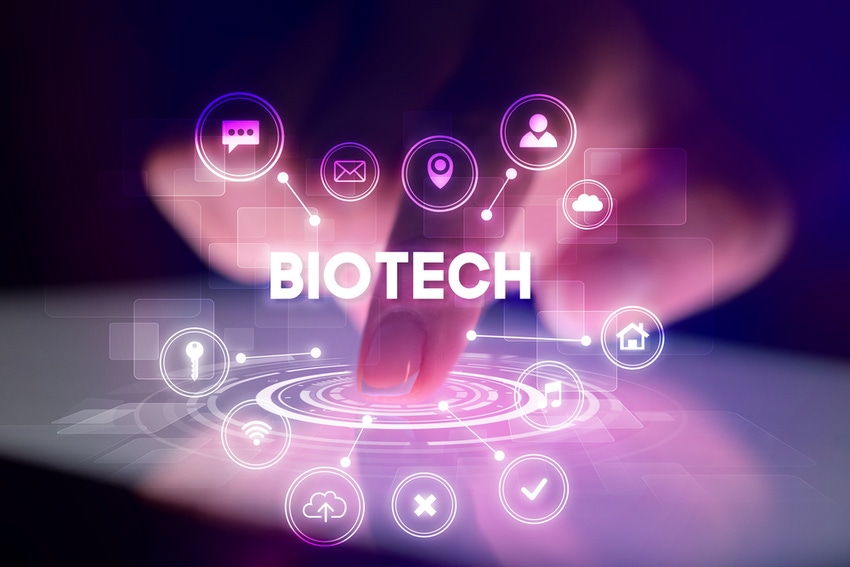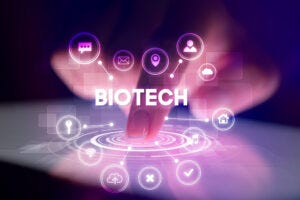Content Spotlight
Podcast: MilliporeSigma says education vital to creating unbreakable chain for sustainability
MilliporeSigma discusses the importance of people, education, and the benefits of embracing discomfort to bolster sustainability efforts.
March 16, 2023

Bayer says ‘Biotech Data as a Service (BDAS),’ a digitalized platform under development, will further its position in the cell and gene therapy space.
Earlier this year, biopharma firm Bayer struck a $40 million deal with Mammoth Biosciences to access CRISPR systems for the development of in vivo gene-editing therapies. The collaboration is the latest in a string of investments in the cell and gene therapy (CGT) sector, a sector described by Bayer’s VP of Biotech Data Science & Digitalization Oliver Hesse as a “quantum leap forward, opening new chances to treat disease.”
Speaking at BPI West in San Diego, California last week, Hesse said the deal would mimic other investments in the space such as the acquisition of BlueRock for $240 million in 2019 and AskBio for $2 billion the following year by being kept at arm’s length, rather than being incorporated fully within Bayer in order to not “ruin the innovation.” This “thinking outside of the box approach” has been Bayer’s strategy since the launch of its CGT division.

Image: DepositPhotos/
ra2studio
A build-up of manufacturing capacity including a $200+ million Cell Therapy Launch Facility in Berkley, California further demonstrates Bayer’s CGT prowess, he continued, but added data is key to being fully successful in this burgeoning sector.
“At the heart, you need the data.” Most facilities still rely on rudimentary technology such as USB drives and paper-based documentation to collect and store information, he told delegates, limiting biotherapeutic production. This has, therefore, led Bayer to begin development of an instrument for capturing data where “digitization is a key enabler for this platform.”
Bayer is focusing on data capture to improve overall data quality through its platform, Biotech Data as a Service (BDAS) – a connected ecosystem aimed at allowing flexible, yet structured, data capture.
The platform was developed from the blueprints of pre-existing Bayer data ecosystems, the difference being BDAS is mostly automated and can additionally connect to external sources, such as central labs from acquired companies.
The impact BDAS will have on the CGT platform is “scalable, extendable, cost-efficient and future-proof,” Hesse told the audience. The overall outcome is a more automated digital ecosystem to improve efficiency of data capture and contextualisation.
This platform is still in development and further details remain under wraps, but Hesse did say Bayer is focusing on the next step, which involves data aggregation in a modern cloud environment.
You May Also Like